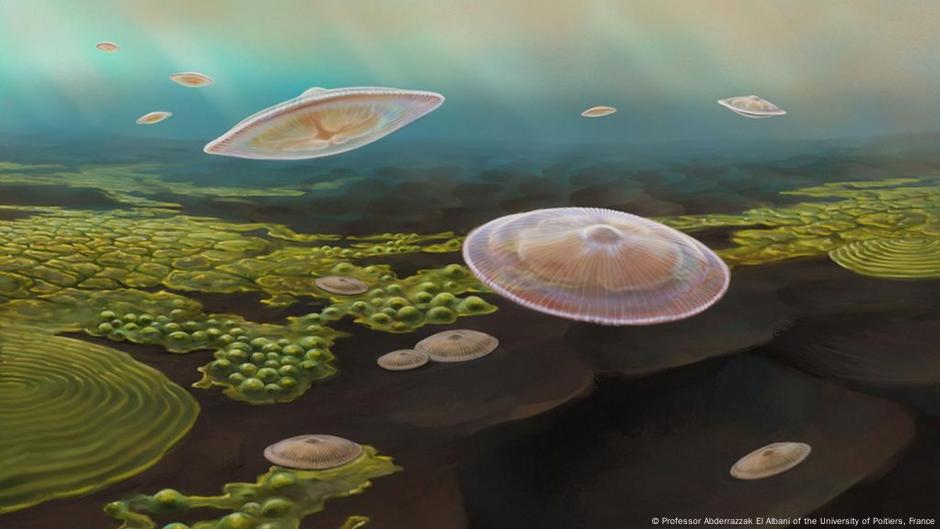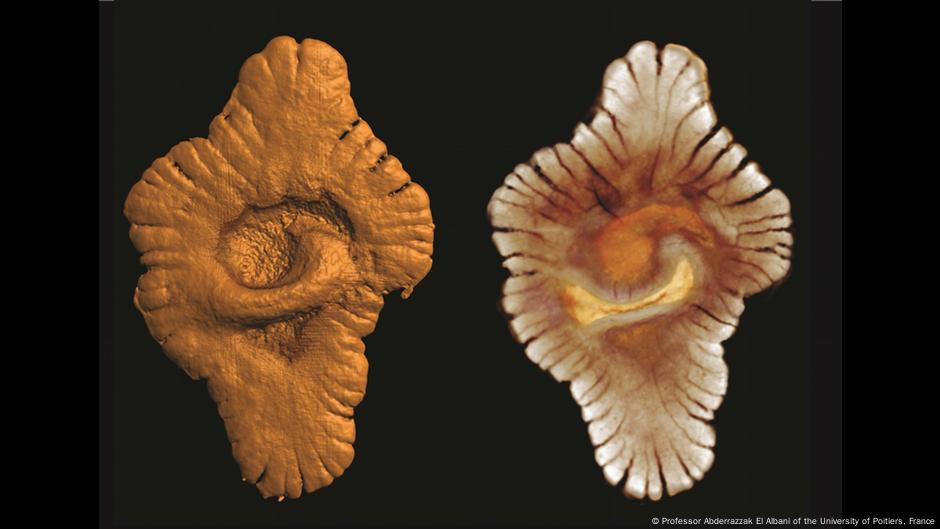
Recent studies indicate that complex life on our planet emerged approximately 1.5 billion years sooner than formerly believed. Here, we examine leading hypotheses regarding the origins of life.

Throughout the ages, humans have pondered the origins of life on Earth, questioning our very existence—primarily, our beginnings and our destiny.
This query delves into fundamental disciplines like chemistry, biology, and physics, as well as philosophy, psychology, and aspects of belief. Early scholars often engaged across various fields of study. However, these primary sciences are typically seen as more exact and straightforward to quantify compared to the others, which is why modern researchers predominantly concentrate on them.
In the 1800s, French scientist Louis Pasteur showed that life invariably arises from preexisting life. Whether they be plants, animals, or microorganisms, each reproduces within its own kind.
However, what about the initial living organism? If it emerged from non-living matter, at what point and through which processes did this occur?
Life could potentially be far more ancient than our previous understanding.
A research conducted at Cardiff University in Wales, UK, indicates that complex life on our planet may have originated approximately 1.5 billion years before what was initially believed. The team of scientists asserts they discovered indications within the rock formations in Gabon suggesting habitable conditions existed around 2.1 billion years ago.
Published in the journal Precambrian Research The research indicates that approximately over 2 billion years ago, the clash between two continental plates generated a fertile setting conducive to the development of intricate life forms.
This would have generated phosphorus and marine oxygen essential for the shift from unicellular organisms to more advanced forms of life.
However, their existence was brief — it seems these complex lifeforms were restricted to an inland sea and could not expand globally.

This study questions the widely accepted scientific view that complex animal life emerged around 635 million years ago, proposing instead that there was an earlier, unsuccessful bid for multicellular organisms on our planet.
What alternative theories are there regarding the beginning of life on Earth?
A number of researchers have voiced skepticism regarding the recent discoveries and urged for additional studies to be conducted.
However, this research has reignited discussions regarding how complex life originated on our planet.
Throughout the last hundred years, scientists have created several.
In this section, we examine several of the most common ones.
1. The Theory of Primeval Broth
A widely accepted hypothesis is the "primordial soup" theory, suggesting that life emerged from organic molecules in an early ocean environment.
British biologist Charles Darwin (1809-1882) was the pioneer who proposed that life might have originated in "a warm little pond."
It wasn’t until the 1950s that his hypothesis underwent experimentation. Harold Urey, an esteemed American chemist and Nobel laureate, along with Stanley Miller, a prominent scientist in protobiology, replicated early Earth’s conditions within a lab setting. In their experiment, they combined water, methane, ammonia, and hydrogen inside a sealed vessel and applied electrical discharges to mimic lightning, thereby serving as a catalytic force.
Following several days, amino acids, which are fundamental components of life, had developed.
2. The concept of cosmic life
A fascinating alternative theory posits that earthly life originated beyond our planet, specifically from outer space. This idea suggests that living organisms or essential building blocks of life were transported to Earth from cosmic sources.
This train of thought does not pinpoint precisely where life began or in what shape it came to our planet. However, the predominant theory suggests that it might have been delivered via a meteorite containing microorganisms that collided with Earth.
The initial supporters of this concept included British astrophysicists Fred Hoyle and Chandra Wickramasinghe. In the 1970s, their research indicated that comets harbor sufficient organic material to potentially initiate life on planets like Earth.
3. The hypothesis of hydrothermal vents as origins
The hypothesis of hydrothermal vents proposes that life on our planet might have originated at the bottom of the oceans near these vents. Hydrothermal vents are seafloor outlets from which emanates hot, nutrient-filled water.
Michael Russell, a British geologist and part of the NASA Astrobiology Institute, suggested that alkaline hydrothermal vents releasing hydrogen, hydrogen sulfide, and methane might have offered suitable circumstances for the creation of basic organic compounds.
Even though the surroundings of hydrothermal vents are deemed harsh—with temperatures soaring up to 400°C (752°F)—there are microbes thriving in these settings through chemosynthesis.
Chemosynthesis is a biological process where microorganisms produce their sustenance. Instead of relying on light, they utilize energy derived from chemical reactions. This capability enables them to thrive in environments without sunlight, like the deep-sea floor.
4. The RNA world
The RNA world hypothesis suggests that prior to the presence of DNA and proteins, earthly life forms were centered around an adaptable molecule known as RNA (ribonucleic acid).
DNA (deoxyribonucleic acid) enables organisms to grow, endure, and replicate. These DNA sequences transform into messages or guidelines that facilitate the creation of proteins—these intricate molecules play a crucial role in nearly all bodily functions—and sustain life.
RNA, on the other hand, performs these two essential functions for life: It stores genetic information and acts as a catalyst for essential chemical reactions.
During the 1980s, chemists Thomas Cech and Sidney Altman uncovered ribozymes—RNA molecules possessing catalytic capabilities—and as a result, they received the Nobel Prize.
Scientists have suggested that early self-replicating RNA molecules, along with their ability to facilitate basic chemical reactions, predated modern life forms. Over time, these were supplanted by proteins, which serve as superior catalysts.
Various hypotheses exist regarding the beginnings of life. However, these are the ones that have garnered the most focus within the scientific community.
Everyone—including the most recent findings from Cardiff University—emphasizes the intricacy of this question, which remains captivating and perplexing for us today.
Edited by: Zulfikar Abbany
Primary source:
A recent study from Cardiff University suggests that complex life on Earth emerged approximately 1.5 billion years sooner than previously believed, as reported on July 29, 2024. https://www.cardiff.ac.uk/news/view/2830233-complex-life-on-earth-began-around-1.5-billion-years-earlier-than-previously-thought,-new-study-claims
Author: Fernando Mateos Frühbeck

Our website uses cookies to improve your experience. Learn more